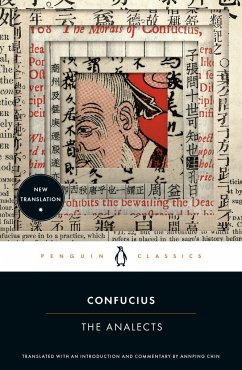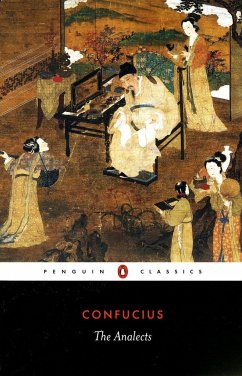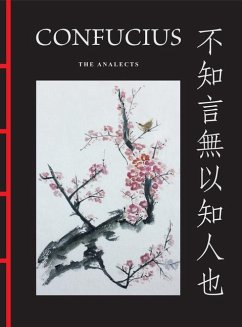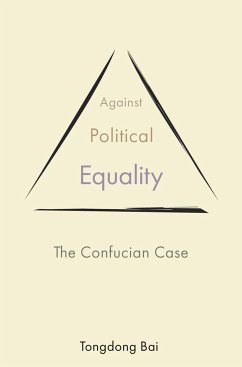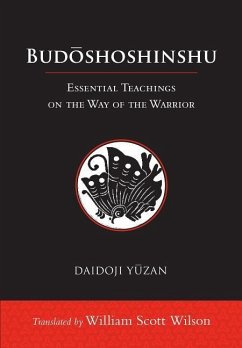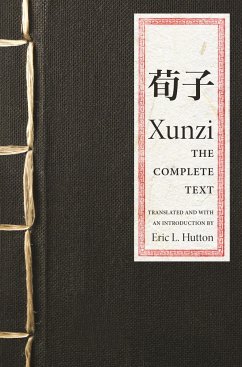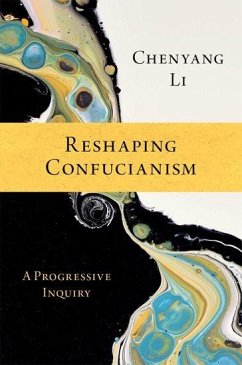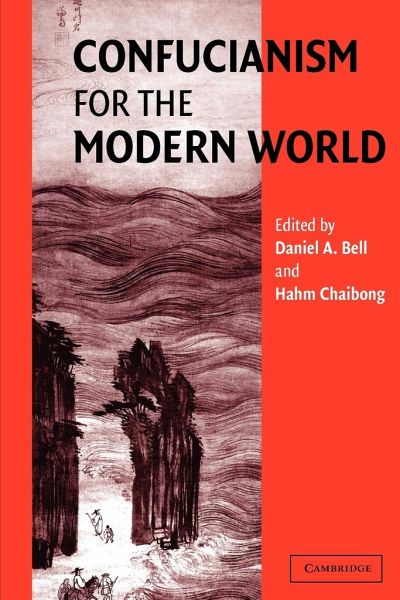
Confucianism for the Modern World
Versandkostenfrei!
Versandfertig in 1-2 Wochen
39,99 €
inkl. MwSt.
Weitere Ausgaben:

PAYBACK Punkte
20 °P sammeln!
While Confucian ideals continue to inspire thinkers and political actors, discussions of concrete Confucian practices and institutions appropriate for the modern era have been conspicuously absent from the literature thus far. This volume represents the most cutting edge effort to spell out the relevance of Confucianism for the contemporary world.





